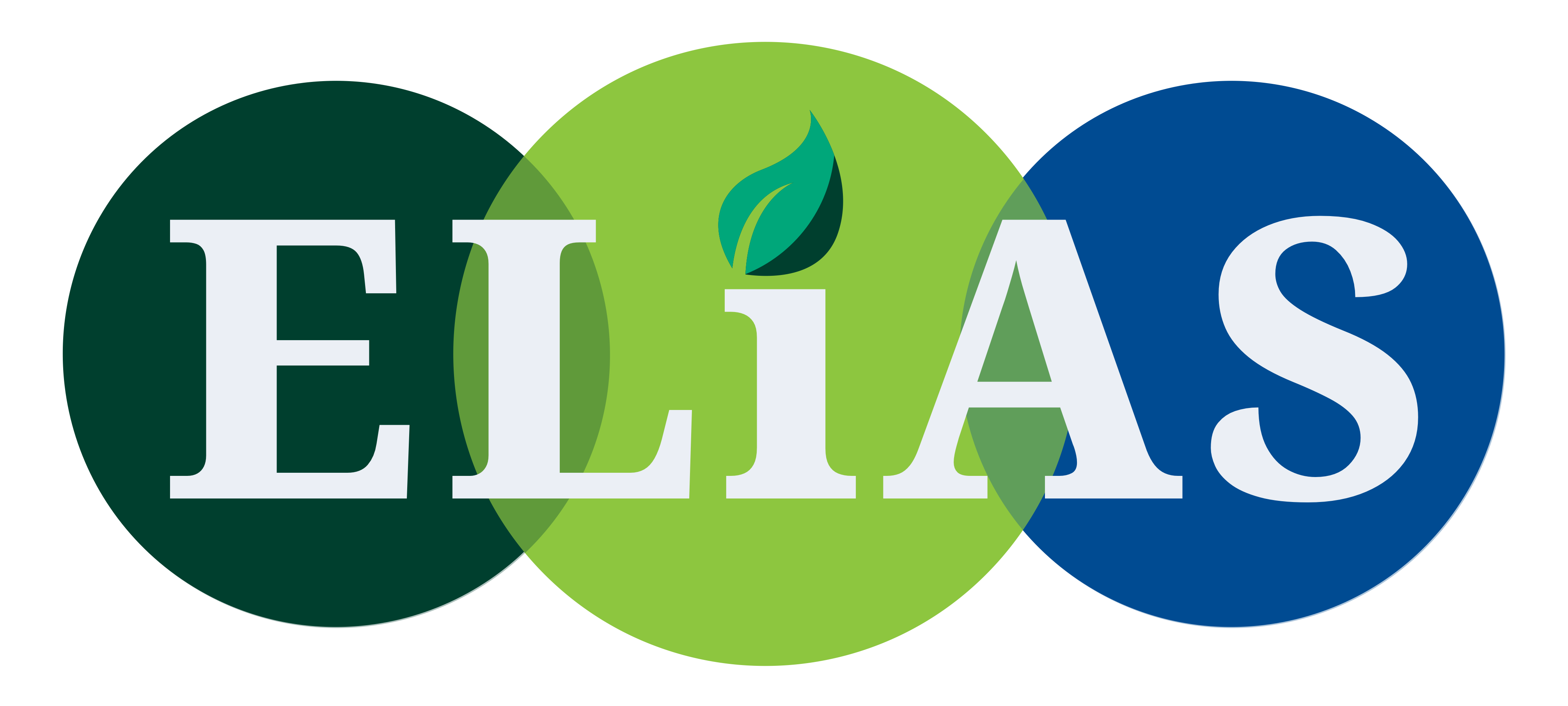#Opportunity: Postdoctoral Researcher in AI for Sustainability – University of Amsterdam (UvA)

Postdoctoral Researcher in AI for Sustainability at the University of Amsterdam
Amsterdam Machine Learning Lab (AMLab)
Duration: 2 years (starting winter 2024)
The University of Amsterdam (UvA) is recruiting a postdoctoral researcher in AI for sustainability. AI has a tremendous potential for accelerating the development of sustainable technologies. Realising this potential requires fundamental research to develop new AI methods for the design and modelling of physical systems as well as translational research to adapt inventions to practical use cases.
This work contributes to the European Lighthouse of AI for Sustainability (ELIAS). ELIAS will accelerate the development of AI-driven methods for computational design, data-driven simulations, as well as the development of neural networks for fast approximation of scientific computations (e.g., to accelerate climate simulations). ELIAS will also focus on devising new approaches for reducing the energy requirements of AI systems.
Responsibilities
- Develop AI methods for computational design, by combining techniques for:
- Bayesian optimisation and experiment design;
- Probabilistic programming and simulation-based inference;
- Development of data-efficient neural surrogate models;
- Present your research by contributing to international conferences, workshops, and journals;
- Actively participate in activities for the ELIAS and ELLIS networks;
- Assist in teaching activities: teaching courses; supervising master and PhD students.
Qualifications
- PhD in Machine Learning, Statistics, Computer Science, Mathematics, or a related field;
- Experience in programming and software development. Familiarity with Python and statistical computing libraries (e.g. NumPy, PyTorch, JAX) is preferred;
- Enthusiasm for the scientific process: formulating and conducting experiments, data collection and analysis, disseminating findings via writing and oral presentations;
- Ability to cooperate and work effectively within a team;
- Fluency in English, both written and spoken.
Offer
UvA offers a temporary employment contract for 38 hours per week for a period of 24 months. The preferred starting date is as soon as possible.
The gross monthly salary, based on 38 hours per week and dependent on relevant experience, ranges between € 3,226 to € 5,090 (scale 10). UvA additionally offers an extensive package of secondary benefits, including 8% holiday allowance and a year-end bonus of 8.3%. The UFO profile Researcher 4 is applicable. A favourable tax agreement, the ‘30% ruling’, may apply to non-Dutch applicants. The Collective Labour Agreement of Universities of the Netherlands is applicable.
Besides the salary and a vibrant and challenging environment at Science Park, UvA offer you multiple fringe benefits:
- 232 holiday hours per year (based on fulltime) and extra holidays between Christmas and 1 January;
- Multiple courses to follow from our Teaching and Learning Centre;
- Multiple courses on topics such as leadership for academic staff;
- Multiple courses on topics such as time management, handling stress and an online learning platform with 100+ different courses;
- 7 weeks birth leave (partner leave) with 100% salary;
- Partly paid parental leave;
- The possibility to set up a workplace at home;
- A pension at ABP for which UvA pays two third part of the contribution;
- The possibility to follow courses to learn Dutch;
- Help with housing for a studio or small apartment when you’re moving from abroad.
About UvA
The University of Amsterdam (UvA) is the Netherlands’ largest university, offering the widest range of academic programmes. At the UvA, 42,000 students, 6,000 staff members and 3,000 PhD candidates study and work in a diverse range of fields, connected by a culture of curiosity.
The Faculty of Science (FNWI) has a student body of around 8,000, as well as 1,800 members of staff working in education, research or support services. Researchers and students at the Faculty of Science are fascinated by every aspect of how the world works, be it elementary particles, the birth of the universe or the functioning of the brain.
The mission of the Informatics Institute (IvI) is to perform curiosity-driven and use-inspired fundamental research in Computer Science. The main research themes are Artificial Intelligence, Computational Science and Systems and Network Engineering. The research involves complex information systems at large, with a focus on collaborative, data driven, computational and intelligent systems, all with a strong interactive component.
You will be working within the Amsterdam Machine Learning Lab (AMLab) which conducts research in the area of large scale modelling of complex data sources. This includes the development of new methods for probabilistic graphical models and non-parametric Bayesian models, the development of faster (approximate) inference and learning methods, deep learning, causal inference, reinforcement learning and multi-agent systems and the application of all of the above to large scale data domains in science and industry (‘Big Data problems’). AMLab is co-directed by Max Welling and Jan-Willem van de Meent. AMLab positions itself in the AI research theme, and also with clear links to the Data Science theme of the Informatics Institute.
How to apply:
Interested candidates should submit their application in a single PDF by 04.02.2024 including the following information:
- A curriculum vitae, including a list of publications (with hyperlinks);
- A research statement describing your interests and research trajectory;
- The names and contact information of at least two academic references (please do not include the letters themselves);
- Optional: A letter providing any additional information not sufficiently highlighted by the other materials. For instance, the letter could describe how Covid-19 has affected productivity.
You can use the CV field to upload your resume as a separate pdf document. Use the Cover Letter field to upload the other requested documents, including the motivation letter, as one single pdf file.
A knowledge security check can be part of the selection procedure.
(for details: National knowledge security guidelines).
Need more details or have questions?
Contact: Jan-Willem van de Meent, Associate Professor (UHD)
✉️ Email: j.w.vandemeent@uva.nl
